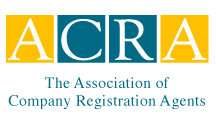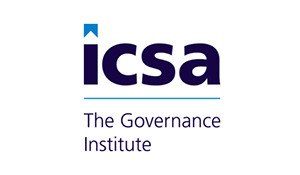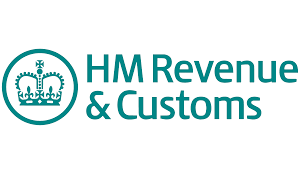Agnės Bilotaitė, the interior minister of Lithuania, has signed an order to change the process for granting temporary residency cards to foreign nationals.
According to EU Helpers, the main changes are meant to make employing foreign workers more difficult for firms by tightening the procedures.
According to Lithuania's Ministry of Interior, the country also hopes to address issues brought about by an increase in labor migration flows by amending the current regulations. In particular, the rise of multiple businesses that facilitate the issuance of temporary residence permits without actually conducting any business is one of the challenges that the country seeks to address.
The Ministry claims that the companies frequently serve as middlemen, renting out foreign labor to other enterprises, and that is why the nation wishes to stop this activity.
Minister Bilotaitė stated that growing labor migration flows pose a major threat to the nation, underscoring the need to stop the abuse of immigration procedures.
The modified method specifies particular circumstances in which employers are prohibited from inviting foreign nationals for employment, in an effort to counter irregular migration.
The Ministry emphasizes that a company may not be allowed to invite foreign workers for a period of six months if it is discovered to be involved in irregular activities or is unable to demonstrate its need for foreign labor.
The directive further states that a foreign national's application for a temporary residence permit would be denied if they are invited by an unlicensed employer of foreign nationals.
These steps are intended to protect national security interests and control the number of foreign nationals entering the nation for employment.
The Minister of the Interior now has the authority to approve the list of outside service providers, which is another significant departure from the Migration Department.
This was previously the duty of the Migration Department. The State Border Guard Service, the police, the Migration Department, and the State Security Department had to coordinate under the new procedure.
There are 34 nations in which service providers are active at the moment. It is required under the Minister's instruction that this list be carefully examined and approved.
About fifty thousand migrant laborers arrived in Lithuania in the previous year; the countries of Belarus, Uzbekistan, Ukraine, Kyrgyzstan, Tajikistan, Kazakhstan, and Azerbaijan had the highest concentration of arrivals.








